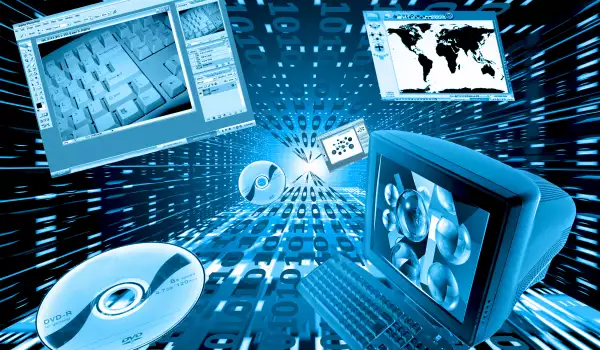Today's society is completely dependent and addicted to so-called "new technologies". Computers and the Internet are part of people's lives, especially adolescents.
The Internet is being used all the time and everywhere, not just through computers, laptops and tablets, but through all sorts of mobile devices, and has been for some time now.
But will the computers we are familiar with now continue to exist in the future in a similar form or will they change?

Michio Kaku has an intriguing take on the issue:

At the International Industrial Trade Fair "INNOPROM 2013", which is held in the city of Ekaterinburg, the TV host from Discovery Channel and futurologist, Michio Kaku, declared that computers will disappear by 2020.

Kaku predicts that electricity and computers will be everywhere and nowhere. According to him, computers as we know them will vanish and the same will happen to the Internet as well.
The theoretical physicist from the City College of New York predicts that each one of us will be turned into a walking computer. All of this will happen thanks to new the technologies and development of micro gadgets.
With a single twitch of the eye, for example, we will be able to obtain the desired information; at every given moment, each one of us will be an internet "carrier", predicts Michio Kaku, the student of Nobel laureate Edward Teller.
According to Kaku, everyone will be able to read the information using a contact lens, which will be something like a mini chip-projector.
Imagine that while the men are shopping, their wives are sitting comfortably on the living room sofa and actually seeing the products their husbands are holding in their hands.
The internet will surround us and give us the ability to complete many of our tasks a lot faster.
The physicist reminds also that according to Moore's law, computing power doubles every 18 months.
But besides that, Kaku presumes that a real clash between the technological and real world will occur in around 2020.
The world of technology is advancing at a very fast rate, in contrast to society, which is significantly falling behind the technological innovations.









